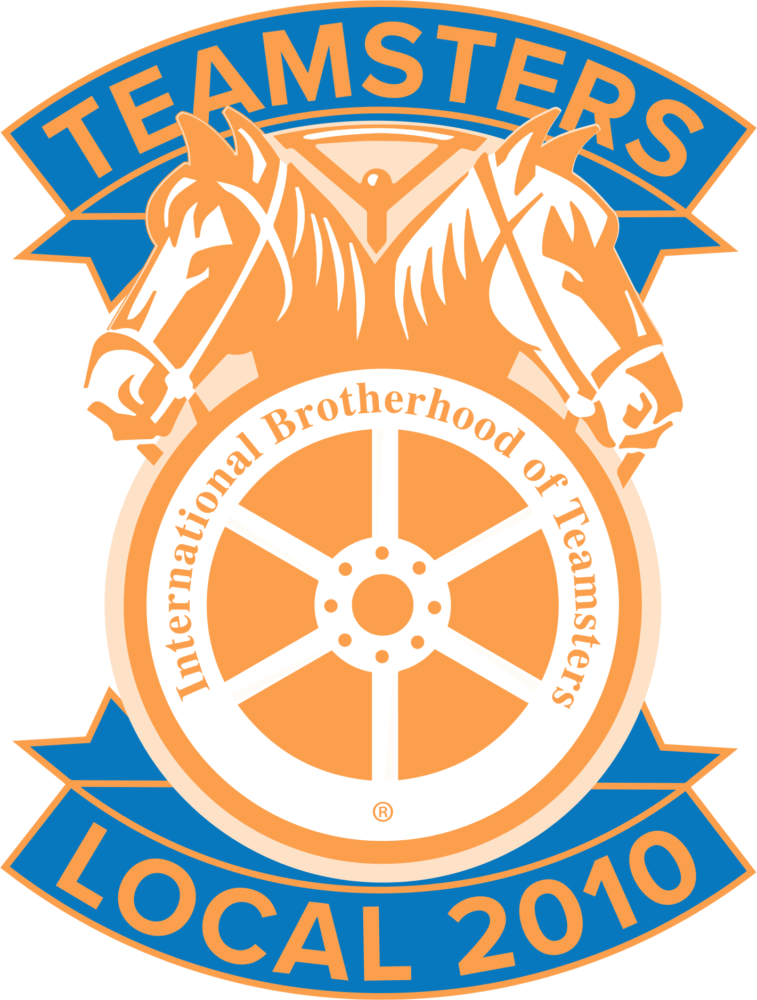ARTICLE 31
REASONABLE ACCOMMODATION
A. GENERAL PROVISIONS
In a manner that is consistent with applicable law, the University provide s reasonable accommodation to qualified employees who are disabled or become disabled and need assistance to perform the essential functions of their jobs . This section shall not be construed as a guarantee of a specific form of accommodation nor shall accommodation in one case establish a precedent for similar or dissimilar circumstances, since all accommodations will be determined in accordance with the specific functional abilities of the employee in coordination with the requirements of the employee’s job . The interactive process shall be used to determine what, if any, reasonable accommodation will be made.
B. THE INTERACTIVE PROCESS
1. When an employee requests reasonable accommodation for a disability or the University has reason to believe that a reasonable accommodation is needed, the parties will engage in the interactive process, which is an ongoing dialogue between the employee (and, if requested by the employee, their Union representative) and appropriate University representatives about possible options for reasonably accommodating the employee ’s disability. Options for reasonable accommodation may include, but are not limited to: assistive devices, modification of existing facilities, restructuring the job to eliminate non – essential job functions, telecommuting, and leaves of absence. Both the University and the employee are expected to participate in the interactive process in good faith, which includes engaging in timely communications regarding possible reasonable accommodation.
During the interactive process, the University consider s information related to: the essential functions of the job, the employee’s functional limitations; possible accommodations; the reasonableness of possible accommodations; and issues related to the implementation of a reasonable accommodation. This information will be used by the University to determine what, if any, reasonable accommodation will be made. While the University will consider the employee’s suggestions regarding which accommodation(s) to implement, the University will determine which accommodation(s) will be implemented, so long as the accommodation implemented is reasonable.
The University will not implement an accommodation that would present an undue hardship.
2. The University will process requests for reasonable accommodation and provide accommodations where reasonable and appropriate and in as short a time frame as reasonably possible. The parties recognize, however, that the time necessary to process a request will depend on the nature of the accommodation requested and whether the employee has provided sufficient supporting information.
3. Should an employee wish to receive an update as to the status of his/her request, he/she may contact the assigned University representative. The University representative will respond to the employee’s request for updated information in a timely manner.
4 . If the University determines that the employee cannot be reasonably accommodated in his or her current position, a search for an alternative active and vacant position for which the employee is qualified with or without reasonable accommodation will be conducted without the requirement that the position be publicized.
C. MEDICAL DOCUMENTATION
The employee is responsible for providing the University disability manager or other appropriate University representative with medical documentation regarding the employee’s disability and how it limits the employee’s ability to perform the essential functions of the job. The University may require that a University – appointed licensed healthcare provider examine the employee and/or confirm the documentation provided by the employee. In such a case, the University shall pay the costs of the University – appointed health care provider.
D. TRIAL EMPLOYMENT
When recommended by a disability manager and approved by the appropriate University official, a qualified non – probationary career disabled employee may be offered temporary trial employment to evaluate the employee’s interests and abilities. The length of this trial employment, which shall not exceed one year, shall be determined by the disability manager in consultation with the employing Department/Division Head. Positions used for trial employment shall not be designated as career, except that an employee shall maintain benefits to the extent permitted by benefit plan rules.
